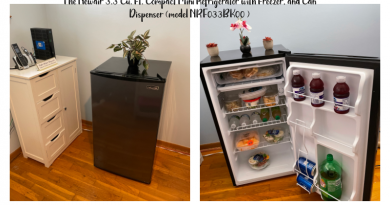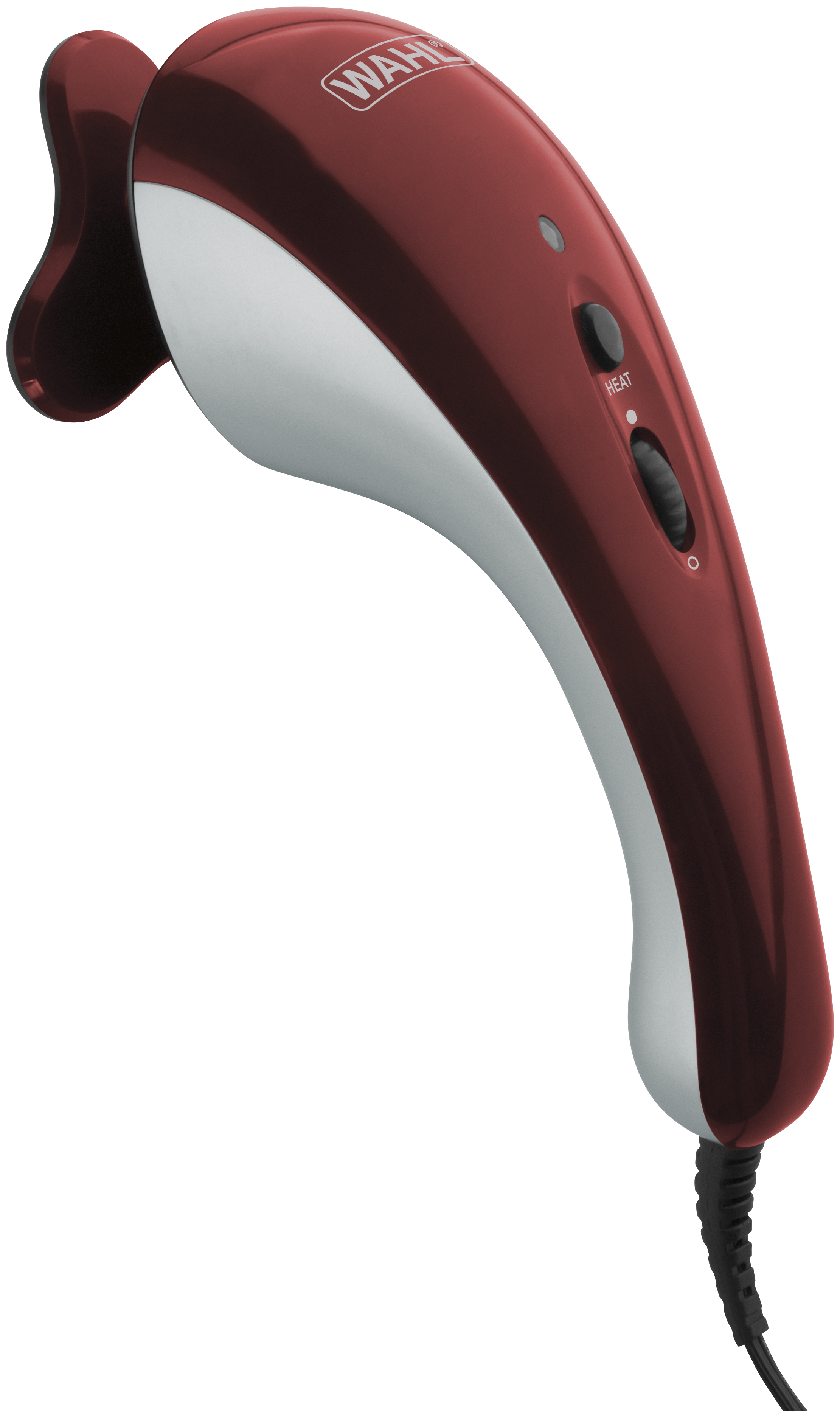What Does Apartment Building Insurance Cover?
Owning or managing an apartment building has its advantages and its disadvantages. Finding the right tenants, and making sure that rents are paid in a timely manner are only a few of the day-to-day challenges landlords may face. But what happens when something more serious occurs, like mold in the building or theft on the property? Do you have the right kind — and right amount — of insurance coverage to protect yourself? And will your insurance even cover these types of occurrences?
Apartment building insurance in New Jersey and elsewhere is often comprehensive, depending upon the policy you choose. You can usually add coverage features to basic plans, adjust your deductible, and purchase a dollar amount of coverage that satisfies your needs as well as those of your mortgage company. But how do you know what to include in your policy? Here’s a quick overview of what apartment building insurance typically does, and does not, provide.
Property damage
Your apartment building insurance should cover most kinds of structural damages, whether that damage is caused intentionally, accidentally, or by an act of nature. Fire, lightning strikes, wind or storm damage, frozen or leaking pipes, and even vandalism are usually included under this umbrella. Flood and earthquake damage, however, might require a separate policy or add-on coverage.
When speaking to your agent about purchasing coverage for property damage, be sure to ask if the policy applies only to your main apartment building(s), or if it includes outbuildings, parking structures or lots, swimming pools, and other structures that are considered part of your complex. You definitely want to understand exactly what’s covered before you make your first payment, and not after you’ve incurred damage.
Loss of income
Your building can become uninhabitable due to mold outbreaks, extensive fire and smoke damage, asbestos or lead paint removal, or even rat or termite infestations. Your policy may cover the rental income you’ll lose while your apartments are empty. Policies with this inclusion will typically reimburse you the “fair rental value” of each uninhabited unit.
Liabilities
Landlords and property owners are sometimes confused by what’s included under the “liability” section of their policy, but it’s extremely important that you understand what is and what is not covered. Liability coverage within an apartment building insurance policy typically covers only liabilities related to the property. This could include a slip and fall caused by spilled water in your hallway, a tree within your property line falling on a neighbor’s car, or an injury incurred due to negligence, such as shocks from faulty wiring. Additionally, you are responsible for ensuring the safety of the tenants, so your insurance policy should cover tenants’ claims for inadequate locks on exterior and interior doors, or for allowing the manufacture or sale of illegal substances within the property.
What apartment building insurance typically does not cover are charges incurred due to your personal behavior and actions toward your tenants. For example, your policy does not extend to claims of verbal or physical abuse by the landlord or staff or to any type of discrimination, before or after someone becomes your tenant. While tenant screening uses criminal background checks, credit reports, and rental histories to help you find the best tenants for your property, you must be sure that your complex’s screening policies are fair to all applicants and do not inadvertently screen out any particular race, gender, nationality, or other protected classification.
Be sure that your policy and decisions are consistent, and you can easily prove that your selection criteria is soundly based on ensuring the safety of your tenants and the financial viability of your operation.




